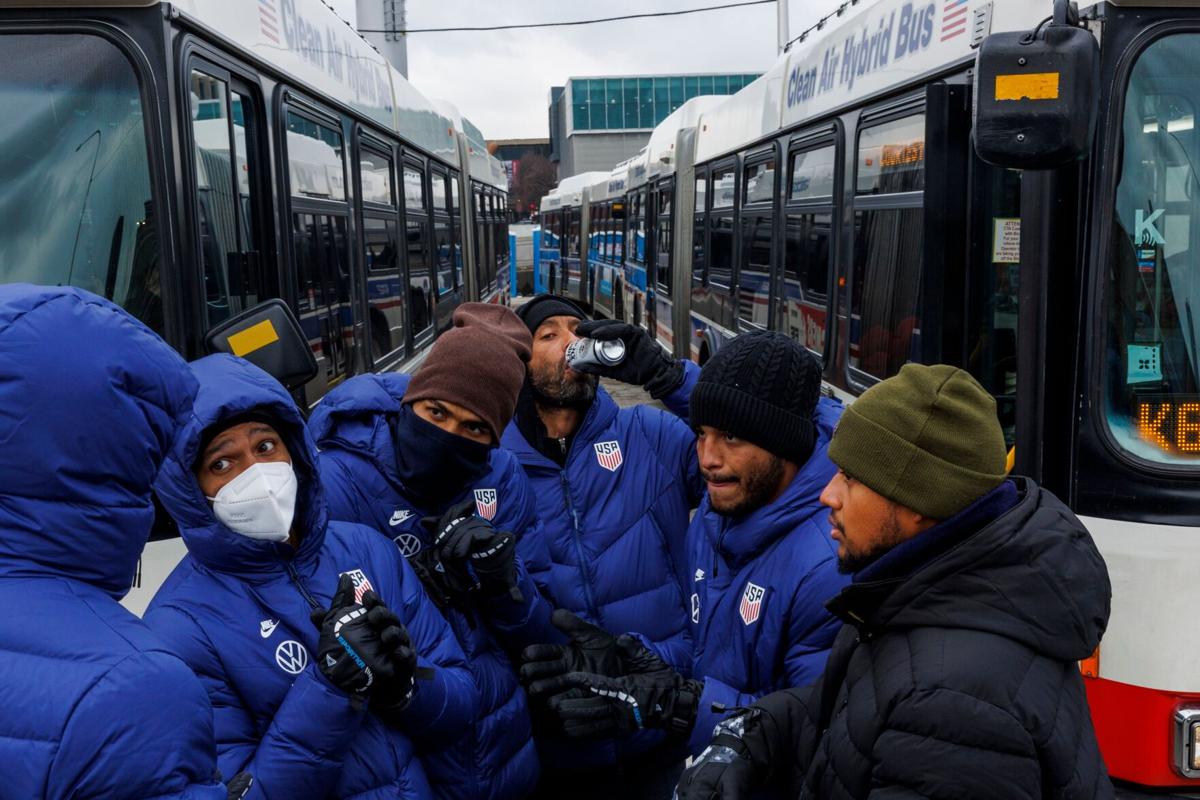Cybersecdn– Chicago introduced a new shelter policy on November 17, as announced by Mayor Brandon Johnson’s office. This policy, aimed at fostering better engagement between new arrivals and public benefits, has since ignited a mix of commendation and criticism, leading to notable policy amendments.
At the heart of this policy is the issuance of 60-day exit notices to shelter residents, determined by their date of arrival, setting the stage for a phased implementation. However, the policy’s execution faced resistance from a group of 16 city alderpeople, including prominent figures like Ward Alderwoman Maria Hadden and Alderwoman Leni Manaa-Hoppenworth. On January 25, they drafted a letter to Mayor Johnson, highlighting their concerns over the policy’s potential risks and inefficiencies.
Responding to the backlash, Mayor Johnson announced on January 29 a policy adjustment, extending the shelter stay for those due to exit in January and February by an additional 60 days, and by 30 days for March exits. Highlighting the city’s commitment to compassion, he reassured that efforts would be made to ensure families remain sheltered throughout the winter season.
Ward Alderwoman Maria Hadden emphasized the complexity of the migrant crisis and the need for a multifaceted approach in managing the city’s limited resources, such as shelter space, temporary housing, and employment opportunities.\

Initially, the policy targeted individuals arriving on or after November 17, providing them with immediate 60-day exit notices upon entering a shelter. Those without residential plans post-stay were directed to bus landing zones for potential re-sheltering, though questions lingered regarding the timing and location of these placements.
The policy also accounted for exceptional circumstances, allowing shelter residents to request stay extensions in cases of medical emergencies or severe weather conditions, and for those who secured a lease with a move-in date extending beyond their shelter stay.
Despite the policy’s noble intentions, it faced operational hurdles, raising concerns about individuals being displaced from shelters as early as February. Alderwoman Hadden pointed out the city’s efforts in prioritizing individuals who received exit notices, assisting them in securing work permits and housing support, albeit not as swiftly as hoped.
The expedited work authorizations, a directive from President Joe Biden’s administration for arrivals before July 31, aimed to hasten the resettlement process. However, those arriving post this date are subjected to a minimum 150-day waiting period for work authorization, plus additional processing time, complicating their resettlement prospects.

The policy notably excludes residents arriving after November 17 from city and state-funded housing support, underscoring the need for extended services and time to adequately address their needs.
The alderpeople’s letter also shed light on subpar conditions within shelters and landing zones, including issues related to food, bedding, rodent infestations, and health concerns. It called for four primary actions: the revocation of the 60-day policy, improvements in shelter conditions, an increase in housing stock, and the appointment of a chief homelessness officer to oversee these enhancements in collaboration with state and federal entities.
Read More: Governor Kathy Hochul of New York Approves a New Law Broadening the Legal Definition of Rape!
Elections 2024: How Diaspora Communities Are Shaping Global Politics?
Big News: NJ Senator Jon Bramnick to Announced 2025 Governor Seat!
Alderwoman Hadden hopes that the dialogue sparked by the letter will lead to improved shelter conditions, ensuring that residents are treated with the dignity they deserve. Mayor Johnson, in defense of the 60-day policy, reiterated the city’s commitment to compassionate governance and responsible fiscal management.
Additionally, the policy introduces regulations for bus companies, including curfew adherence, specified landing zones, and loading/unloading protocols, as part of efforts to manage the influx of buses directed by Texas Governor Gregg Abbott.

